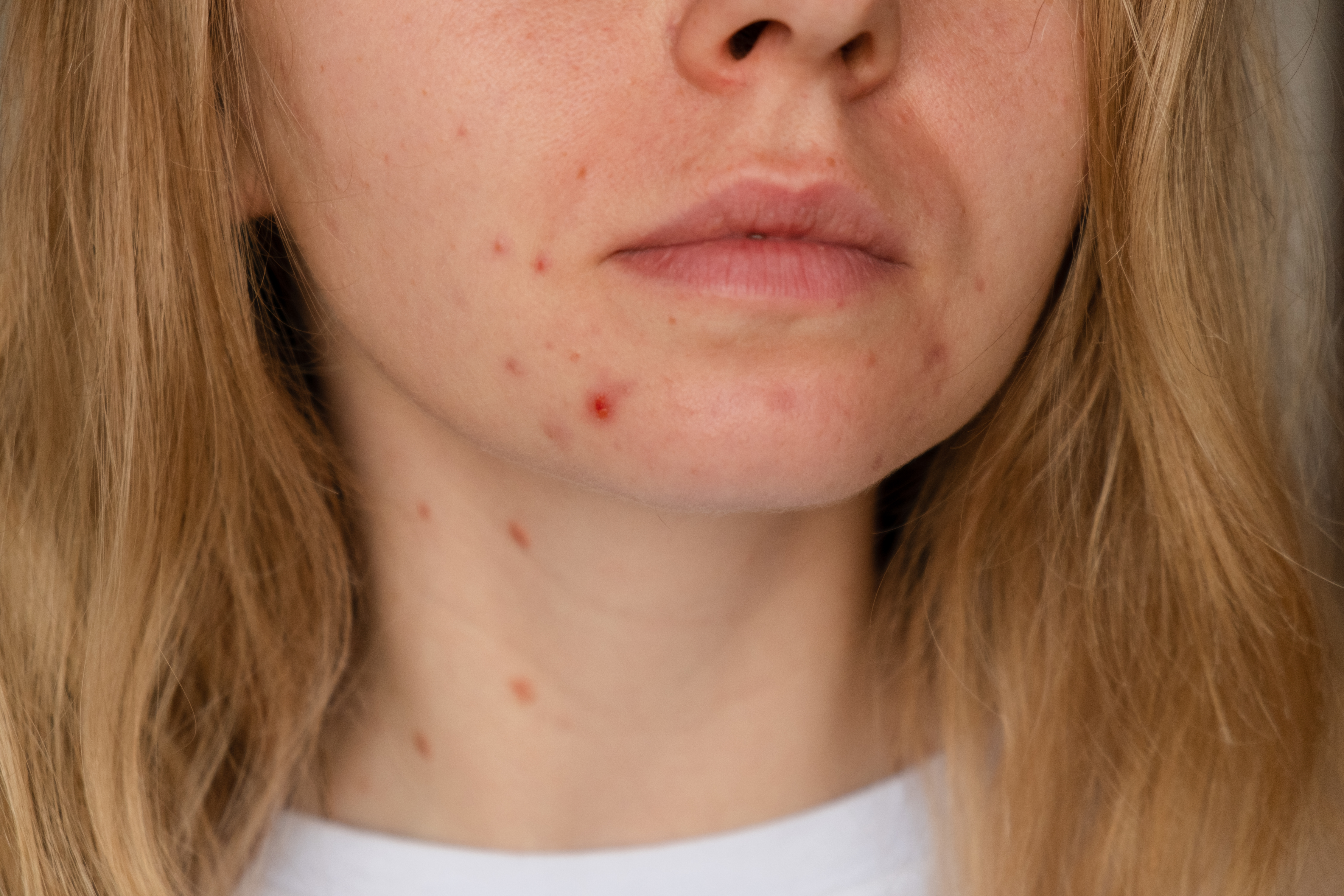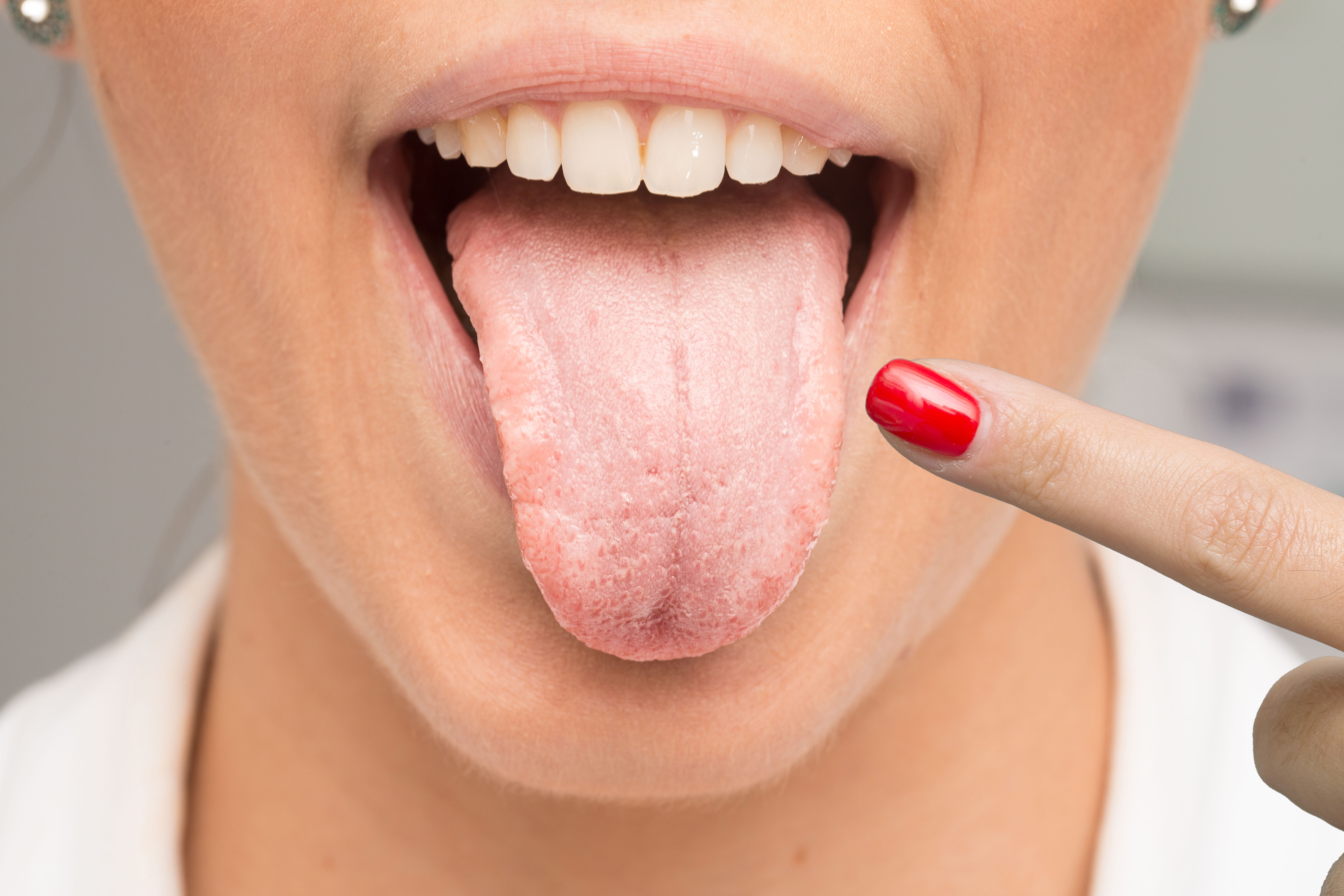17 Signs Your Gut Microbiome is Out of Whack (And How to Fix It)
Your gut isn’t just where digestion happens—it’s mission control for your entire body. Housing trillions of microbes, your gut microbiome influences everything from immunity and metabolism to mood and mental clarity. But when this complex ecosystem falls out of balance, it doesn’t always scream for attention. Instead, it whispers—through skin flare-ups, stubborn fatigue, food cravings, or even brain fog. These symptoms might seem unrelated, but they often trace back to one thing: a gut that’s out of sync. That’s why we’ve expanded our guide to 17 Signs Your Gut Microbiome is Out of Whack (And How to Fix It). This isn’t just about bloating or bathroom habits—it’s about recognizing the red flags your body is quietly raising. The good news? Once you spot the signs, you can take simple, science-backed steps to rebalance and rebuild. Your healthiest self starts here—at the microscopic level. Let’s decode what your gut’s been trying to say.
1. Digestive Disturbances

Digestive issues like bloating, gas, diarrhea, or constipation are often the most direct indicators of an imbalanced gut microbiome. These symptoms suggest that the bacteria responsible for breaking down food and absorbing nutrients are not functioning optimally. When harmful bacteria outnumber beneficial ones, the digestive process can become inefficient, leading to discomfort and malabsorption. Restoring balance involves dietary changes, such as increasing fiber intake and incorporating fermented foods, which can promote the growth of beneficial bacteria. Probiotic supplements can also be a valuable addition, helping to reintroduce and maintain healthy bacterial populations.
2. Unexplained Fatigue

Chronic fatigue that cannot be attributed to lack of sleep or physical exertion may be a sign of gut dysbiosis. The gut microbiome influences energy levels by affecting nutrient absorption and inflammation. An imbalanced microbiome can lead to increased production of inflammatory markers, which are known to cause fatigue. To combat this, focus on a diet rich in anti-inflammatory foods, such as leafy greens, nuts, and fatty fish. Additionally, regular physical activity and stress management techniques like yoga or meditation can help reduce inflammation and support gut health.
3. Skin Issues

The skin is often a reflection of internal health, and conditions like acne, eczema, or rosacea can signal an unhappy gut. The gut-skin axis is a bidirectional relationship where gut health directly impacts skin condition. Imbalances in the gut microbiome can lead to systemic inflammation, which exacerbates skin issues. To improve skin health, consider eliminating processed foods and sugars, which can feed harmful bacteria. Instead, focus on a diet high in antioxidants and omega-3 fatty acids, which support skin health and reduce inflammation.
4. Unexpected Weight Changes

Unintentional weight gain or loss can indicate a disrupted gut microbiome. Certain bacteria in the gut are involved in regulating metabolism and energy balance. An overabundance of specific bacterial strains can lead to increased fat storage, while others may trigger weight loss by affecting appetite-regulating hormones. To address weight changes, aim for a balanced diet that includes a variety of plant-based foods to encourage a diverse microbiome. Prebiotics, found in foods like garlic and onions, can also help nourish beneficial bacteria.
5. Mood Swings and Mental Health

The gut-brain axis is a communication network linking the gut and brain, influencing mood and mental health. An imbalanced microbiome can affect neurotransmitter production, leading to mood swings, anxiety, or depression. Supporting gut health through a diet rich in probiotics and prebiotics can help stabilize mood. Foods like yogurt, kefir, and bananas are excellent choices. Additionally, ensuring adequate intake of omega-3 fatty acids and B vitamins can further support mental well-being by enhancing neurotransmitter function.
6. Autoimmune Conditions

Emerging research suggests a link between gut health and autoimmune diseases, where the immune system mistakenly attacks healthy cells. An imbalanced microbiome may contribute to immune dysregulation and increased inflammation, triggering autoimmune responses. To support immune health, focus on a diet rich in anti-inflammatory foods and consider incorporating fermented foods like kimchi or sauerkraut. Regular exercise and maintaining a healthy sleep routine can also help regulate immune function and reduce the risk of autoimmune flare-ups.
7. Food Intolerances

Developing new food intolerances or sensitivities can be a sign of an imbalanced gut microbiome. When the gut barrier is compromised, it can lead to increased intestinal permeability, commonly known as "leaky gut." This allows undigested food particles to enter the bloodstream, triggering immune reactions. To heal the gut barrier, focus on a diet rich in whole, unprocessed foods, and consider supplements like L-glutamine, which supports intestinal health. Reducing stress and avoiding known trigger foods can also aid in restoring gut integrity.
8. Frequent Infections

A compromised gut microbiome can weaken the immune system, leading to increased susceptibility to infections. Beneficial bacteria play a crucial role in defending against pathogens and maintaining immune homeostasis. To bolster your immune defenses, ensure a diet rich in vitamins C and D, which support immune function. Probiotics can also help replenish beneficial bacteria, enhancing the body's ability to fight off infections. Regular exercise and adequate hydration further support immune health.
9. Persistent Bad Breath

Bad breath, or halitosis, can sometimes be linked to gut health rather than oral hygiene. An overgrowth of harmful bacteria in the gut can produce volatile sulfur compounds, contributing to unpleasant odors. Addressing this issue involves promoting the growth of beneficial bacteria through dietary changes. Increasing fiber intake and consuming probiotics can help balance the gut microbiome. Additionally, staying hydrated and maintaining good oral hygiene are essential in managing halitosis.
10. Sugar Cravings

Intense sugar cravings can be a sign of an imbalanced gut microbiome, as certain bacteria thrive on sugar and can influence cravings to sustain their growth. These cravings can lead to a cycle of poor dietary choices that further disrupt gut health. To break this cycle, focus on a balanced diet rich in complex carbohydrates, healthy fats, and proteins, which provide sustained energy and reduce sugar cravings. Incorporating fermented foods and probiotics can also help restore balance by increasing the population of beneficial bacteria.
11. Difficulty Concentrating

Cognitive function is closely linked to gut health, with an imbalanced microbiome potentially contributing to brain fog and difficulty concentrating. The gut produces neurotransmitters like serotonin, which influence cognitive processes. To enhance focus and mental clarity, prioritize a diet rich in omega-3 fatty acids and antioxidants, which support brain health. Regular physical activity and adequate sleep are also critical in maintaining cognitive function and overall well-being.
12. Joint Pain

Joint pain and inflammation can be exacerbated by an imbalanced gut microbiome. Certain bacteria can promote inflammation, leading to increased joint discomfort. To alleviate joint pain, focus on a diet high in anti-inflammatory foods, such as turmeric, ginger, and leafy greens. Omega-3 fatty acids, found in fish oil, can also help reduce inflammation. Additionally, maintaining a healthy weight and engaging in regular low-impact exercise can support joint health.
13. Trouble Sleeping or Poor Sleep Quality

Struggling to fall asleep or waking up frequently? Your gut could be the culprit. The gut microbiome helps regulate melatonin and serotonin—hormones that govern your sleep-wake cycle. An imbalance can disrupt this rhythm, leading to restlessness, insomnia, or non-refreshing sleep. Studies have found that poor gut diversity is linked to lighter, fragmented sleep. To support better rest, include fermented foods like kefir or miso in your evening meals, and avoid heavy sugar or alcohol before bed. A calming nighttime routine, prebiotic-rich snacks like kiwi or oats, and consistent sleep hygiene can also restore microbiome harmony and improve sleep.
14. New-Onset Allergies or Seasonal Reactions

If you've suddenly become more reactive to pollen, pets, or even foods, your gut may be playing a role. A compromised gut lining and reduced bacterial diversity can trigger immune hypersensitivity, leading to more pronounced allergy symptoms. The microbiome helps train the immune system to tolerate harmless substances, so when it’s out of balance, that tolerance can weaken. To calm allergic reactions, reduce inflammatory foods, boost probiotic intake, and eat fiber-rich prebiotics like asparagus and leeks. Supporting your gut may not eliminate allergies entirely, but it can reduce their intensity and frequency over time.
15. Hormonal Imbalances or Irregular Cycles

Your gut plays a surprisingly central role in hormone regulation—especially estrogen. The estrobolome, a subset of gut bacteria, helps metabolize and eliminate excess hormones. When these microbes are disrupted, it can lead to estrogen dominance, irregular periods, PMS symptoms, or skin breakouts. Hormonal fluctuations aren’t always caused by reproductive organs alone—they often begin in the gut. To support balance, increase fiber (to bind and excrete excess estrogen), avoid processed foods, and eat cruciferous vegetables like broccoli and cauliflower. Adding fermented foods and reducing endocrine disruptors (like plastics) can further stabilize hormone levels through microbiome support.
16. Intolerance to Stress or Overreactive Responses

If small stressors now feel overwhelming, your gut might be amplifying the response. The microbiome influences cortisol levels and nervous system sensitivity. Dysbiosis can trigger an exaggerated stress response, leading to anxiety, irritability, or emotional exhaustion. It’s a feedback loop: stress harms gut health, and poor gut health worsens stress resilience. Breaking the cycle starts with nourishment—prioritize gut-calming foods like oats, bone broth, and fermented veggies. Probiotic supplements and mindfulness practices (like breathwork or meditation) can also reduce inflammation and help recalibrate the gut-brain axis for better emotional balance.
17. Cracked or Coated Tongue

Your tongue can reveal more than dehydration—it’s also a window into your gut. A white coating, inflammation, or cracked surface may indicate bacterial or yeast imbalances in the digestive tract, particularly candida overgrowth. While these signs are often overlooked, they can be early clues of microbiome distress. Restoring balance involves limiting sugar (which feeds candida), increasing probiotic foods, and incorporating antifungal natural remedies like garlic or oregano oil. Also, try a daily tongue scraping routine to remove surface buildup while you heal the gut from within.
When Your Gut Speaks, Listen

Your body is always talking—but your gut? It whispers first. Skin issues, sleep trouble, mood swings, brain fog, cravings—these aren’t just random annoyances. They’re coded messages from your microbiome, asking for support. The 17 signs we’ve explored aren’t just symptoms to manage—they’re invitations to rebalance, to reconnect, and to rebuild from the inside out. Because when your gut is off, everything feels off. But here’s the good news: change doesn’t start with a prescription. It starts with what you eat, how you move, how you rest, and how you manage stress. Your microbiome is incredibly responsive, ready to heal with just a little consistency and care. Listen to its cues. Feed it wisely. Move with intention. And watch how everything—your energy, focus, mood, and immunity—starts to realign. Because when your gut thrives, so do you.